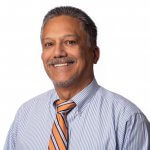Each of us is going through a very unique experience and we see the effects of the virus and the university’s response though many different lenses.
This column is a collection of voices from our campus community about coping during the call to stay home, learn online and most importantly stay healthy.
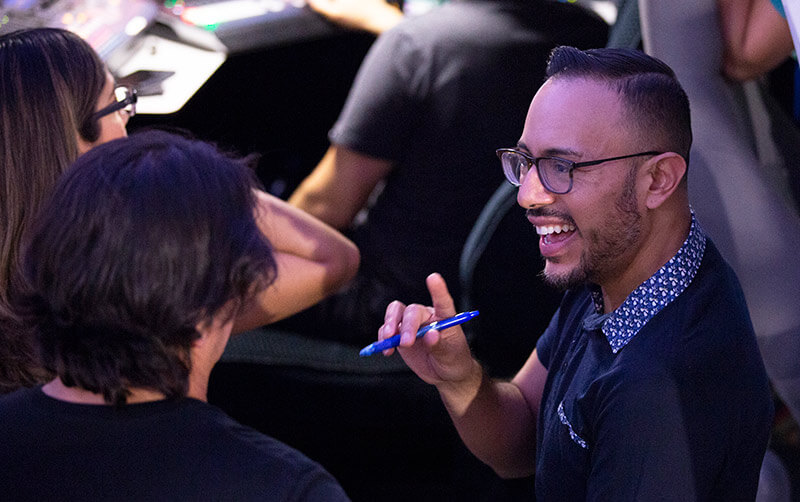
Jesus Ayala, lecturer in communications, posted this note on LinkedIn.
To all my first-generation students,
I want you to know that I see you. We are living through difficult times right now, but I fully know you have more on your plate than others. I know you are the ones who are having to listen to news conferences and make sense of all this chaos and then translate it for your parents. You are also likely the ones who are having to wake up early to go wait in long grocery lines and then come home to care for your siblings — on top of your own children — and maybe even have to care for family members with pre-existing conditions. Some of your relatives have probably been laid off until further notice. My own mother was laid off this week, also. I want you to know that as a first-generation student myself, I was once in your shoes. So, I understand the enormous pressure you’re under. I know school is not your No. 1 priority right now. Take care of your families first and each other. The rest will fall into place. I see you, and I promise we will all get through this together.

Rochelle Woods, executive director of special populations, on not being on campus:
“I will adapt. I’ve been on campus since 1996, and so I love the environment. I love being on campus. I love coming to work with my coworkers and just walking across the campus and seeing the students. So, it will be a bit of an adjustment because I obviously got into this profession to be around people.”

Ed Fink, professor of cinema and television arts and the immediate past dean of the College of Communications, on virtual instruction:
“None of us wants this pandemic, but it is what it is, and we all have to do our part. Looking at the silver lining, I have to rethink teaching and learning. One change I will make is that my final exam will be open-book and open-note rather than memorization for multiple-choice. The students will take the final at home, anyway, so closed-book and closed-note is not realistic. There is valuable learning in looking up answers to questions, which is a lifelong learning skill, anyway, so I will embrace that.”
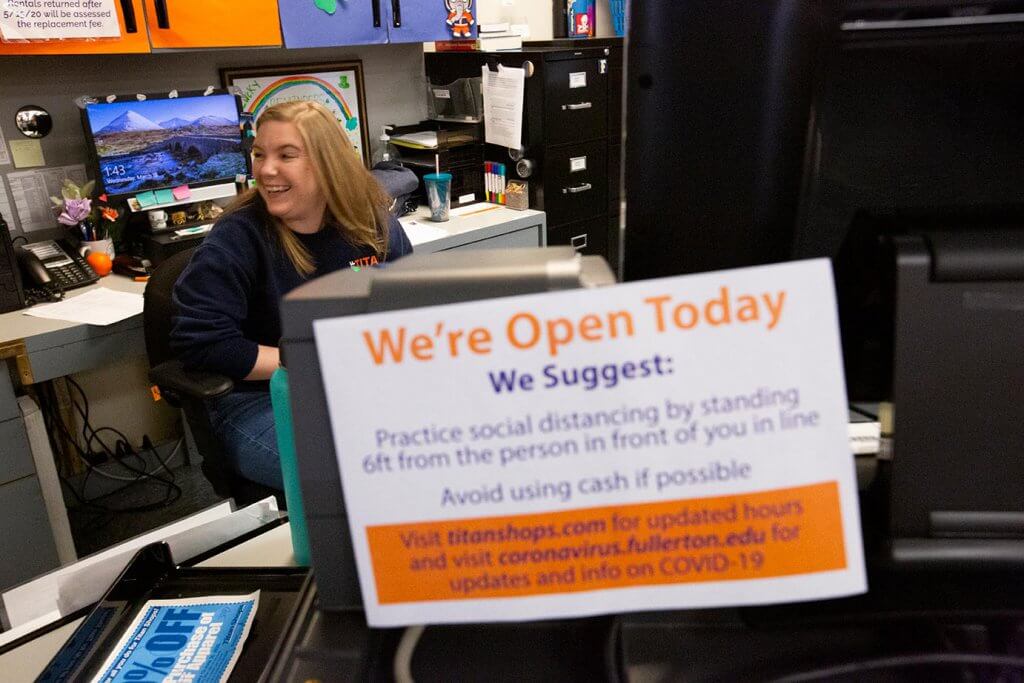
Kailyn Elliott, a human services major, works in Titan Shops and is anticipating graduating this semester:
“I’m trying to stay as positive as possible. There’s a lot of crazy and bad things happening, but also there’s a lot of good things happening. Like a lot of self-care and being home and studying. Now I have time to do all that. And we still have a roof over our head, everything. So as of now, we’re still okay. So, I’m just trying to remember, we’ll get through this.”
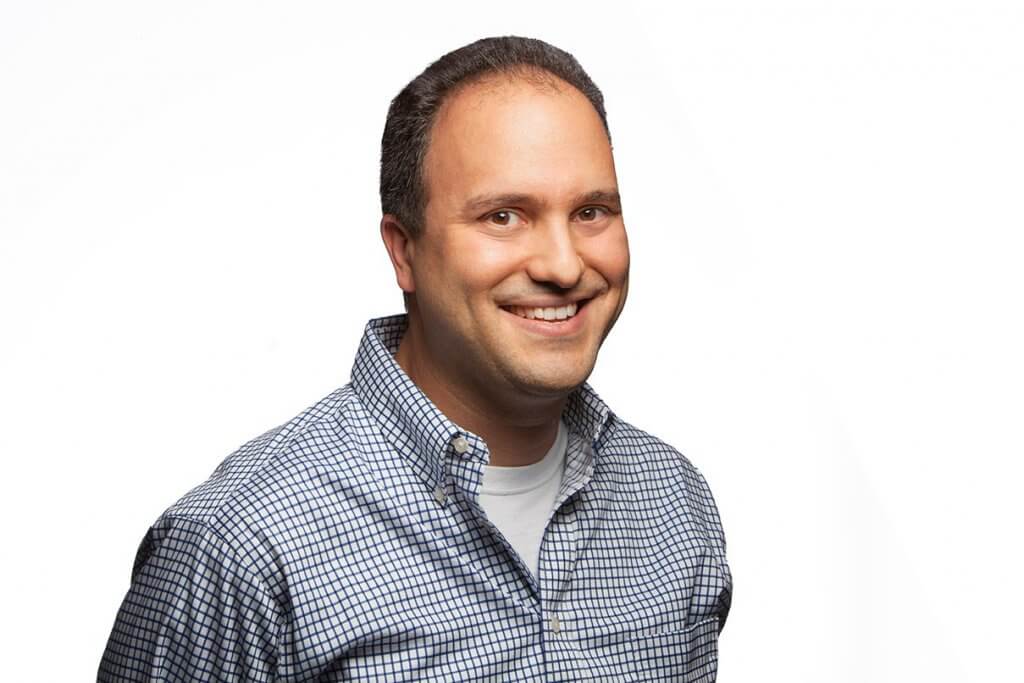
Waleed Rashidi, assistant professor of communications, on social distancing and online instruction:
“I’ve been tech-savvy my whole life, so I don’t mind diving into new platforms, applications and methods. I’m thankful we have some tools to adapt our instruction to an online environment … The social distancing has not been easy for many of us — one of the many reasons I love my job is being able to regularly and directly engage with awesome students and fellow employees — but it is absolutely necessary, and I am trying to remain hopeful about our situation.”
Connor Chu, a mechanical engineering student, on social distancing:
“It’s been a change. It’s been kind of weird going to classes online. It’s been kind of changing my routine a little bit and just not going out as much, just trying to social distance myself as much as possible. It’s been an adjustment. You kind of get cabin fever at home.”
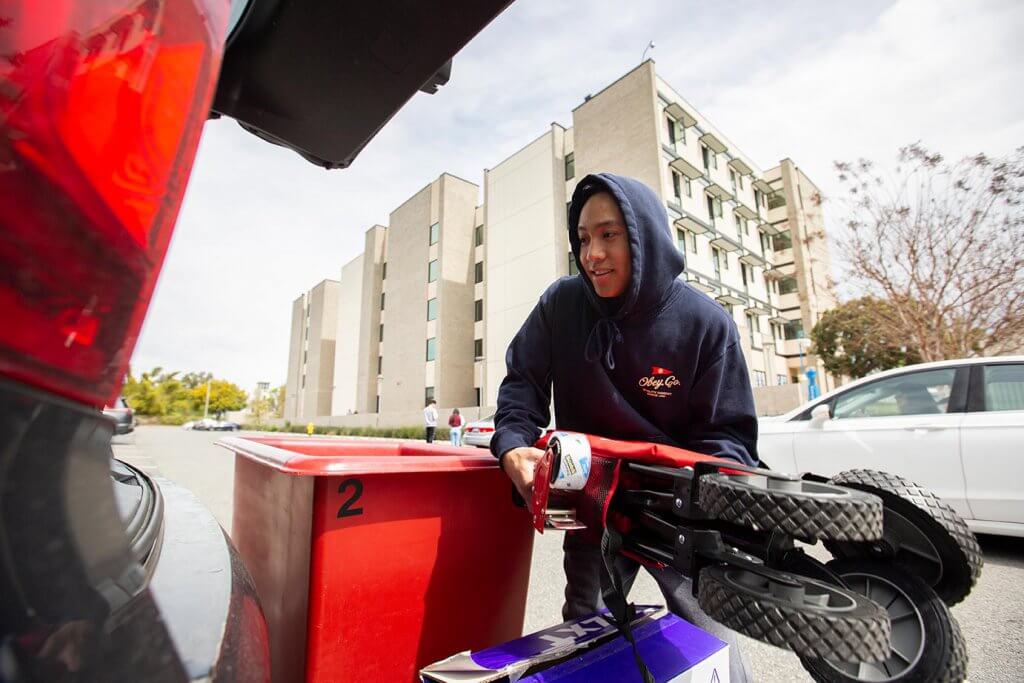
Sean Labitigan, an undeclared freshman, on having to move out of the residence halls:
“I’m going back home and I’m going to stay there … But I’ll be back next year!”
Roy Choi ‘94 (B.A. philosophy), co-founder of Kogi Korean BBQ, a Korean-Mexican taco truck chain, who handed out 300 tacos to needy families while social distancing March 25 in San Gabriel.
“Maybe we couldn’t see it so deeply before because the pressure of a world crisis wasn’t on the shoulders of the human race. But now that it is, it’s not something that you feel like you have to do or that you have to give back; it’s about, ‘This is what your purpose is.’”
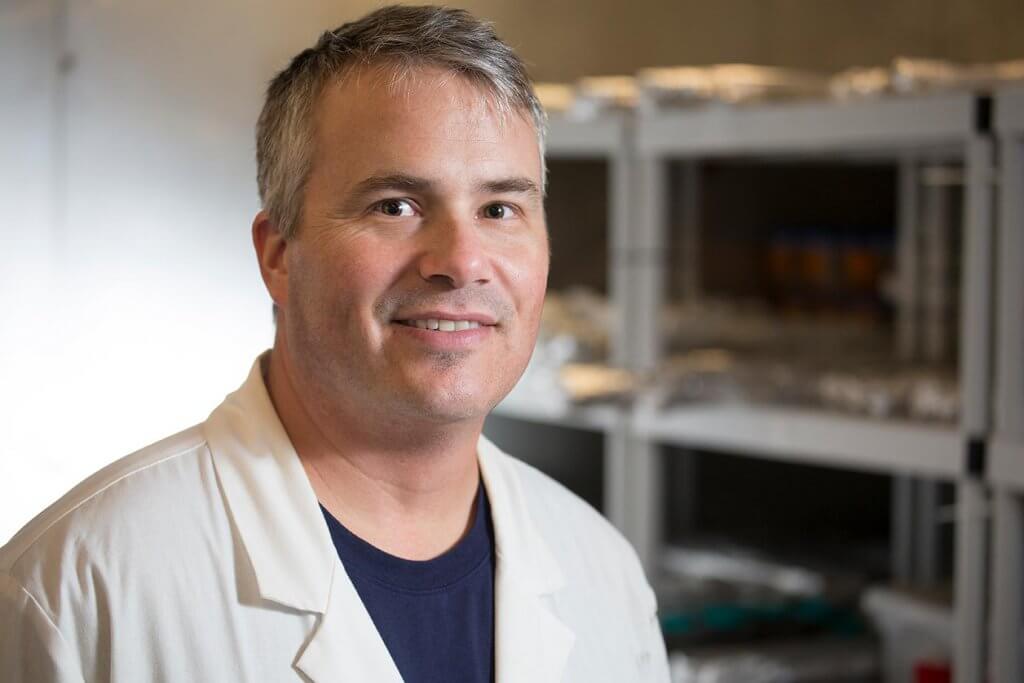
Matthew Kirby, professor of geological sciences,
“It’s not about us. It’s about the students. So rather than complain, I’m just getting my stuff done as best I can. It’s not in my nature to be negative, so I just ignore that noise and move forward with positivity that I hope spreads to others.”


